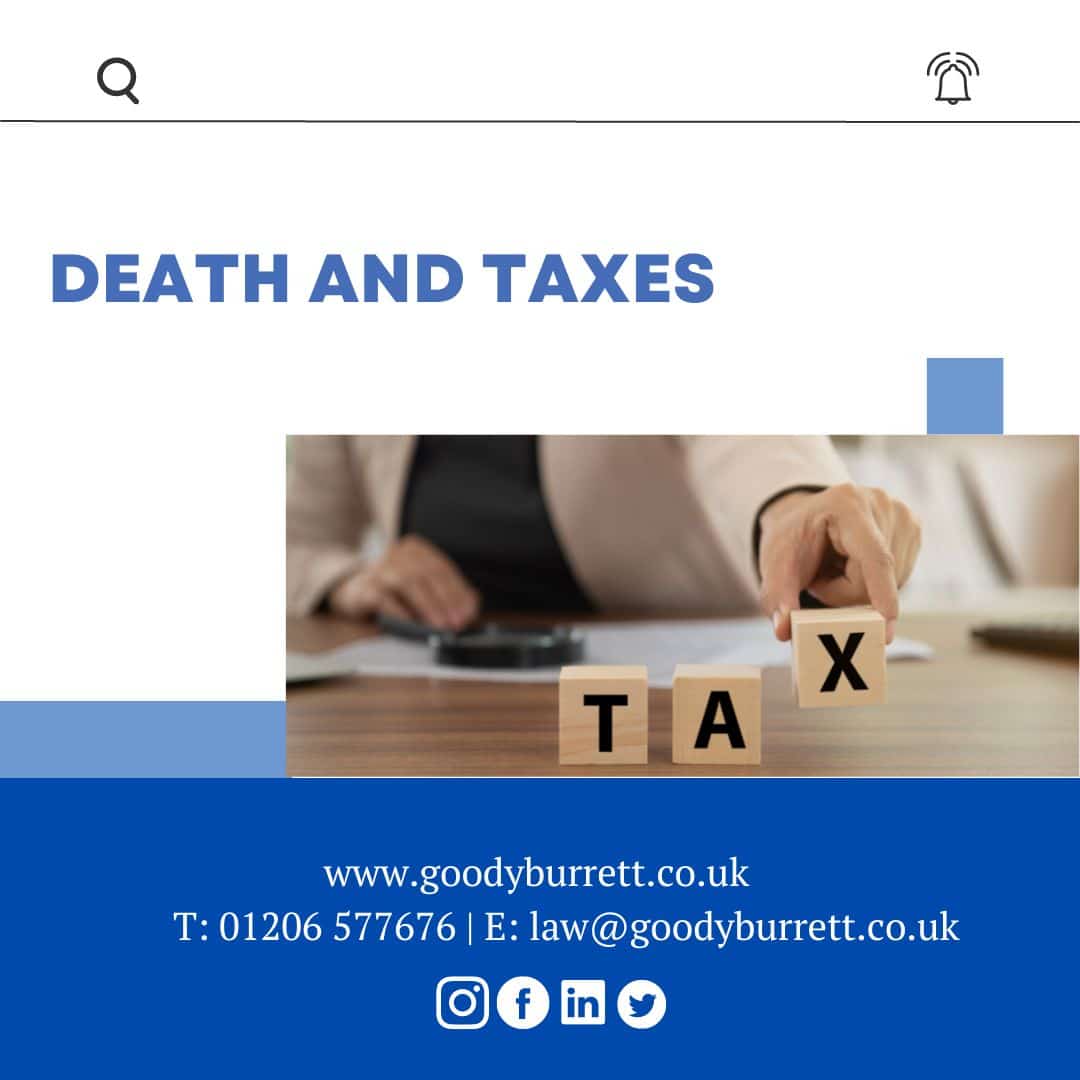
What is a life interest trust?
Life interest trusts are often created to protect assets that will ultimately go to your children, while still allowing your spouse or partner to benefit from those assets. These types of trusts are even more common between couples who have been previously married, have stepchildren or have concerns that the current spouse or partner will remarry or cohabit with someone else following their passing. A life interest trust can be set up in a Will, but it is important to ensure that the instructions in the Will are clear and that the trust is properly established and administered. It is also important to consider any applicable tax laws and regulations when setting up a life interest trust.
What is a life interest trust?
A life interest trust that is written in your Will is a type of trust by which a particular asset, usually the family home, is ring-fenced for the benefit of a named individual, normally a spouse. The individual who has the benefit of the asset during their lifetime is called a ‘life tenant’ and he or she is only entitled to receive the income from the trust, while the capital is held for the ‘remaindermen’ -the ultimate beneficiaries. In addition, a life interest trust is looked after and administered by at least two trustees. For example, if the asset is an investment property that is subject to a lease, the income is the rent received and the capital is the property. To put it simply, the life tenant has the use of the property during their lifetime but when he or she dies the property passes to the named beneficiaries under the trust.
A crucial point before creating a life interest trust is for the property that is to be placed into the trust must be held as tenants in common. That means that each owner owns a distinct share in the property, for instance 50/50. When the life interest trust comes into effect, the share of the deceased will be transferred in the trustees’ names, and they will become the registered proprietors together with the spouse or individual who holds the other share in the property.
What are the general advantages of a life interest trust?
- The most important advantage is that a life interest trust provides the certainty that your share of the property will be passed onto your chosen beneficiaries and the person who is the life tenant can not undo your wishes. For example, if you leave everything to your spouse and then they remarry they can pass the whole of the property to their new spouse, whereas, with a life interest trust, the surviving spouse who is the life tenant will not be able to pass your share in the property to anyone else when they die.
- The surviving spouse has the protection of being able to continue living in the family home and/or a right to income from other assets in your estate that are placed in a life interest trust.
- The share of the assets that is placed in a life interest trust can not be used to pay for care home fees necessary for the surviving spouse. Similarly, if the life tenant becomes bankrupt the value of your share will not be taken into account by a trustee in bankruptcy.
- Depending on the terms of the trust, the surviving spouse can agree with the trustees to downsize. If there is any surplus money from the sale of the property and it belongs to the trust, that can either be invested to generate income for the surviving spouse or it can be paid out to the remaindermen i.e. beneficiaries.
What are the general disadvantages of a life interest trust?
- The surviving spouse or partner has a right to live in the property or receive the income from the assets placed in the trust which might create financial difficulties and might make them feel they lack control over the assets.
- The fact that the surviving spouse or partner will only have access to a certain share in the property when it comes to care home fees might affect the level of care he or she can receive.
The advantages and disadvantages of a life interest trust need to be considered together with each individual’s circumstances before deciding if it is an advantageous option. Therefore if you would like advice on life interest trusts and how one can be included in your Will, please do not hesitate to contact us on 01206 577 676 or email us at [email protected]
For more information
Contact us on 01206 577676 or you can email [email protected]





